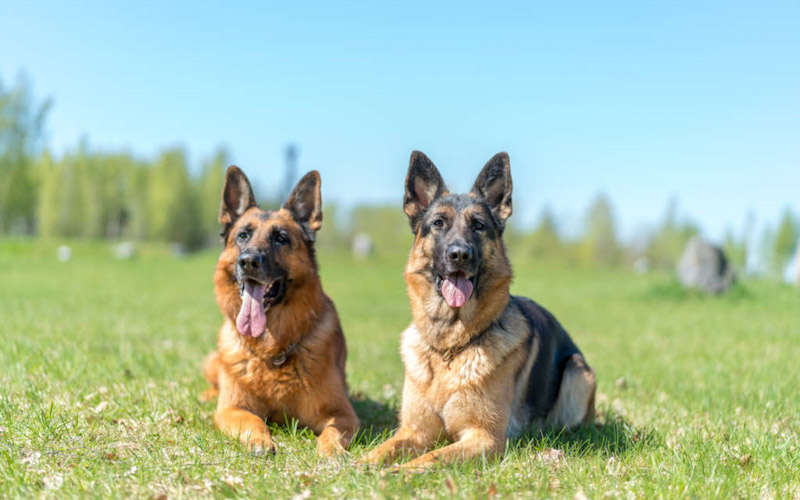Are you thinking of getting a dog, but not sure if a male or female one is right for you? Choosing the right dog gender can make a big difference in your relationship with your furry friend. While every dog is unique, there are some general traits and behaviors that tend to vary between male and female dogs. In this article, we will guide you through the pros and cons of each gender, as well as other factors to consider when picking the perfect dog for your lifestyle.

Male Dogs: Pros and Cons
Male dogs are often more playful, energetic, and independent than female dogs. They can be great companions for active owners who enjoy outdoor activities and games. Male dogs are also usually easier to house train, as they tend to learn faster and have fewer accidents.
However, male dogs also have some challenges that you should be aware of. For example, male dogs tend to mark their territory by urinating on objects, which can be annoying and messy. Male dogs are also more prone to aggression, especially towards other male dogs, and may get into fights or try to escape. Male dogs also have higher neutering costs, as the procedure is more complicated and risky than spaying.
Female Dogs: Pros and Cons
Female dogs are often calmer, more affectionate, and more loyal than male dogs. They can be great companions for owners who prefer a cuddly and gentle dog. Female dogs are also less likely to mark their territory, which can make them easier to keep indoors.
However, female dogs also have some challenges that you should be aware of. For example, female dogs go through heat cycles twice a year, which can last for several weeks. During this time, female dogs may become moody, restless, and attract unwanted attention from male dogs. Female dogs also have potential for spaying complications, such as infections, bleeding, or hormonal imbalances.

Additional Factors to Consider
While gender is an important factor to consider when choosing a dog, it is not the only one. There are other factors that can affect your dog’s personality, behavior, and compatibility with you, such as:
- Breed: Different breeds have different characteristics, such as size, coat, temperament, health, and intelligence. You should research the breed that suits your preferences and needs, and avoid choosing a dog based on appearance alone.
- Age: Puppies are adorable, but they also require a lot of time, patience, and training. Older dogs may be more calm, mature, and well-behaved, but they may also have health issues or bad habits. You should consider your lifestyle and availability when choosing a dog’s age.
- Energy level: Some dogs are more active and energetic than others, and they need more exercise and stimulation. You should match your dog’s energy level with your own, and provide enough physical and mental activities for your dog.
- Individual personality: Every dog is unique, and has its own personality, likes, and dislikes. You should spend some time with the dog before adopting it, and observe how it interacts with you and others. You should also ask the previous owner or shelter staff about the dog’s history, behavior, and quirks.

Conclusion
Choosing the right dog for your lifestyle is a big decision, and you should not take it lightly. By considering the pros and cons of male vs. female dogs, as well as other factors such as breed, age, energy level, and individual personality, you can make the best choice for you and your future dog. Remember, there is no perfect dog, but there is a perfect dog for you.
If you are ready to find your perfect dog, we encourage you to research different breeds and visit local shelters and rescue organizations. You may just find your new best friend waiting for you. Good luck and happy dog hunting!
